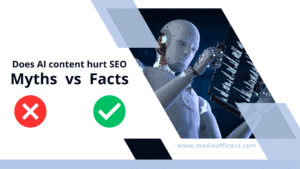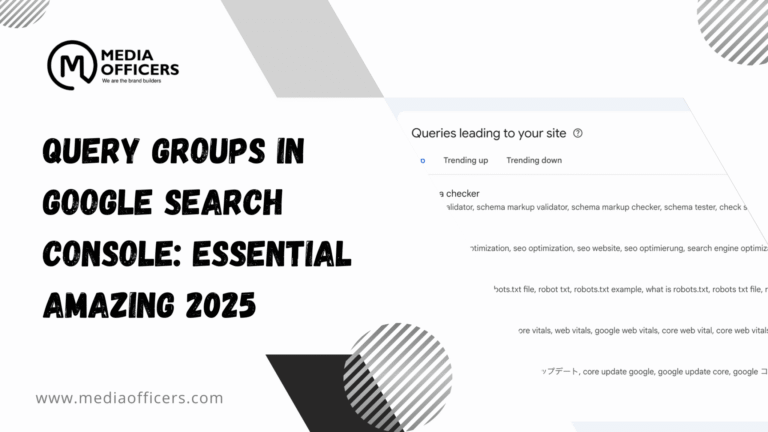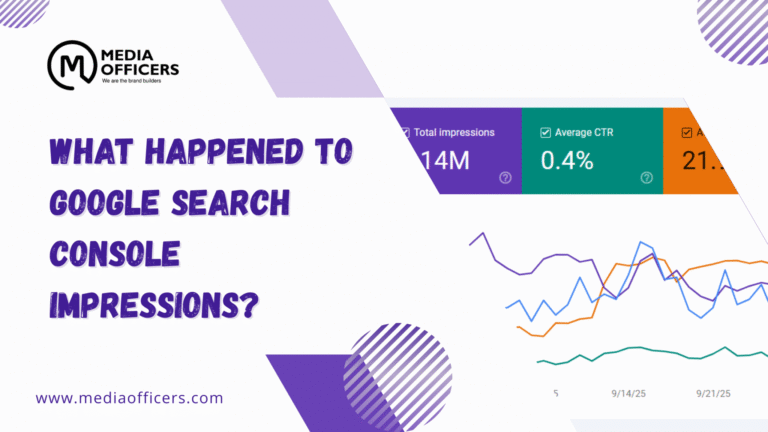Claim:
“Using AI-generated content will harm your Google rankings.”
Verdict:
False
Introduction
If you’re a website owner, marketer, or SEO expert, you’ve likely heard the claim: “AI content is bad for SEO.” This myth has spread rapidly with the rise of tools like ChatGPT, but is there any truth to it? In this article, we’ll fact-check this claim using Google’s official guidance and real-world best practices for SEO.
What Google Really Says About AI-Generated Content
Google has officially stated that the use of automation or AI is not inherently against its policies. What matters is the intent and quality of the content. If the content is created primarily to manipulate rankings and offers no real value, it may violate spam policies. However, using AI to assist in creating high-quality, useful content is fully acceptable.
Is AI Content Bad for SEO?
No, AI content is not inherently harmful to SEO. When used correctly, AI can help generate structured, informative, and valuable content that meets both user intent and Google’s content quality standards.
You can use AI for:
- Blog posts
- Product descriptions
- Landing pages
- FAQs and how-to guides
As long as the content is helpful, relevant, and written with users in mind, it is safe for SEO.
Summary
Claim: AI content harms SEO
Status: False
Truth:Google only penalizes low-quality or spammy AI content. Well-written, helpful AI-assisted content that provides value will not be penalized.
Primary Source –
Additional Supporting Sources
- Does Google’s helpful content update penalize AI content “Search Engine Land“
- Yoast – How to Use AI for SEO Safely “Yoast“
- Will I Get Penalized by Google for Using AI-Generated Content “Rankmath“
What Matters More Than AI vs. Human Content
Google ranks content based on its E-E-A-T criteria:
- Experience
- Expertise
- Authoritativeness
- Trustworthiness
This means your content—whether written by a person or generated with AI—must still meet Google’s quality standards. You should:
- Add your personal insights or data
- Write with clarity and structure
- Cite reputable sources if needed
- Stay accurate and focused on the topic
Common Questions Answered
Is AI-generated content safe for SEO?
Yes, as long as the content is useful, accurate, and user-focused, it is safe.
Will Google ban AI content?
No. Google does not ban AI content. It evaluates content based on quality, not the tool used to create it.
How do I use AI content without hurting SEO?
Edit AI content for clarity, add personal insights, include structured formatting, and follow E-E-A-T guidelines.
Real-Life Examples
Good Example:
Many high-performing blogs now use AI to generate article drafts, which are then edited by humans for tone, accuracy, and SEO optimization. These articles rank well when they address user intent and provide original value.
Bad Example:
Sites that mass-produce low-quality, unedited AI content without structure or substance are often penalized during Google’s helpful content updates.
How to Use AI Content Without Harming SEO
- Always add personal experience or expertise
- Ensure content is relevant, accurate, and original
- Use SEO plugins like RankMath to optimize titles, descriptions, and schema
- Use proper heading structure (H1, H2, H3…)
- Keep paragraphs short and scannable
- Add internal links and external authoritative sources
- Check for plagiarism and grammar errors
- Include content that answers user queries directly
Final Verdict
Using AI in your content creation process does not hurt your Google rankings. Misusing it might. If you treat AI as a smart assistant, edit the content carefully, and focus on providing genuine value, you are following Google’s guidelines.
Quality content is what Google rewards—regardless of whether it’s AI-assisted or human-written.




